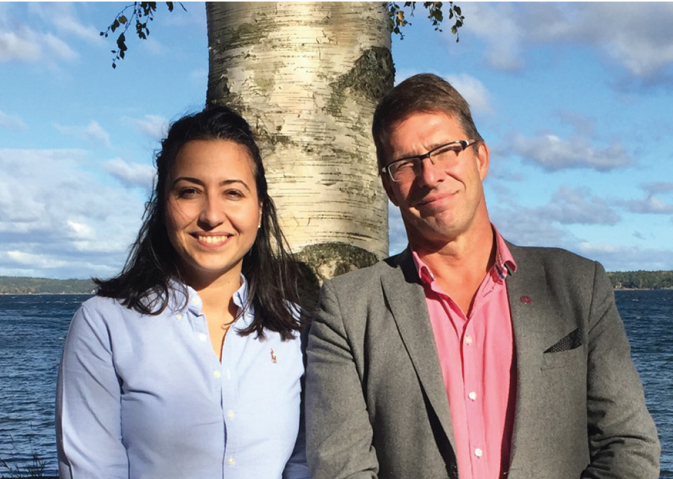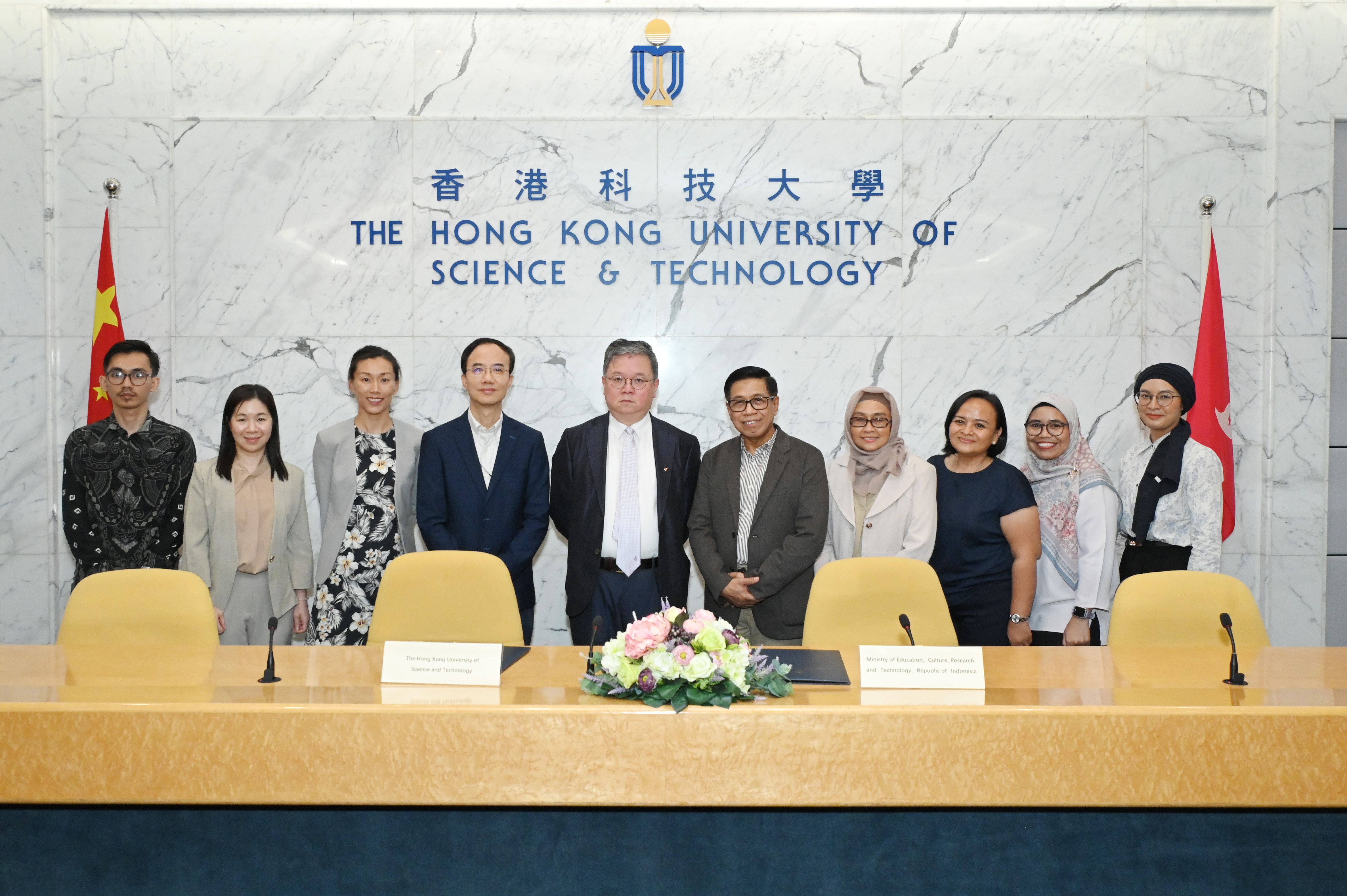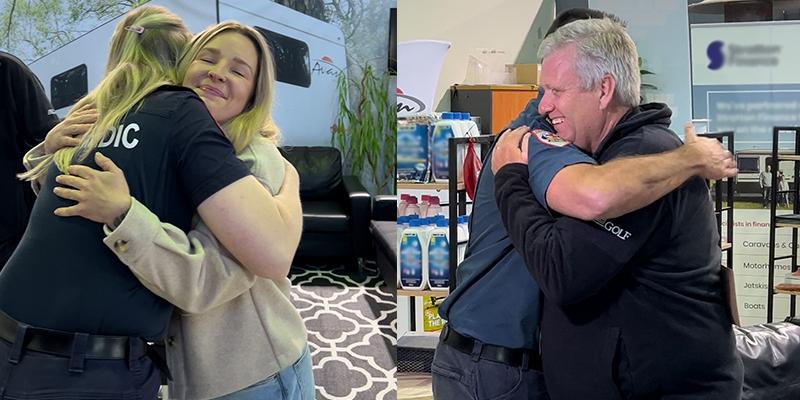An all-day Cornell conference open to the public will help hiring professionals and others learn ways to create a more inclusive workforce – thinking beyond the traditional definitions of that phrase.
Speakers will focus on ways companies and organizations can recruit and retain employees from a variety of marginalized groups – including underrepresented minority groups and those impacted by the criminal justice system, who have disabilities, served in the military or have been disenfranchised due to other stigmas or stereotypes.
“Can You Hear My Voice? The Impact of Untapped Marginalized Groups in the Talent Management Space,” scheduled for April 5, will offer creative, actionable ideas for anyone who makes hiring decisions or who has an interest in creating a more inclusive workforce, said Donna Lynch-Cunningham, director of human resources for the College of Arts and Sciences and the organizer of the conference.
There were more than 1.7 open jobs per unemployed person at the end of 2021, U.S. Department of Labor statistics show, and there is a projected shortage of 63 million workers by 2030.
“Even with these high unemployment rates, marginalized groups faced extraordinary challenges in securing employment opportunities. In addition, the pandemic made securing employment for these groups almost an impossibility and had widespread and disproportionate impact on them,” Lynch-Cunningham said. “This conference was conceived with the idea of shining a spotlight on some of these groups, allowing attendees the opportunity to ‘hear the voices’ of those doing work in these communities, and highlighting some areas where we as a community, with the use of some innovative approaches, can potentially make a difference.”
The event will feature keynote speaker Shaun J. Fletcher, a strategist and consultant on diversity-related matters and a professor at San José State University. A former communications leader at Apple, Fletcher has worked with private and public organizations on strategic messaging, executive communications, employee engagement, diversity and inclusion and brand management and development.
“Throughout my corporate career, the lack of diversity was staggering to experience, but was even more challenging to navigate mentally and emotionally,” Fletcher said. “It impacted me significantly, but I also noticed how it was adversely impacting other historically marginalized and disenfranchised groups around me. Many of us felt like tokens and certainly didn’t feel like we were the only persons of diverse communities who were qualified to be in those spaces; it seemed as though we were the only ones allowed to be there.
“I’ve carried the sentiment I felt from early in my career with me as motivation to make an impact.”
The conference, a collaborative effort among several colleges and units at Cornell, is led by Lynch-Cunningham; Lawrence Mancuso, assistant dean for human resources in the School of Industrial and Labor Relations; Sandy Dhimitri, assistant dean for human resources in the College of Human Ecology and Carol Graubard, interim human resources director for eCornell. This initiative is funded by a grant from the Belonging at Cornell framework.








